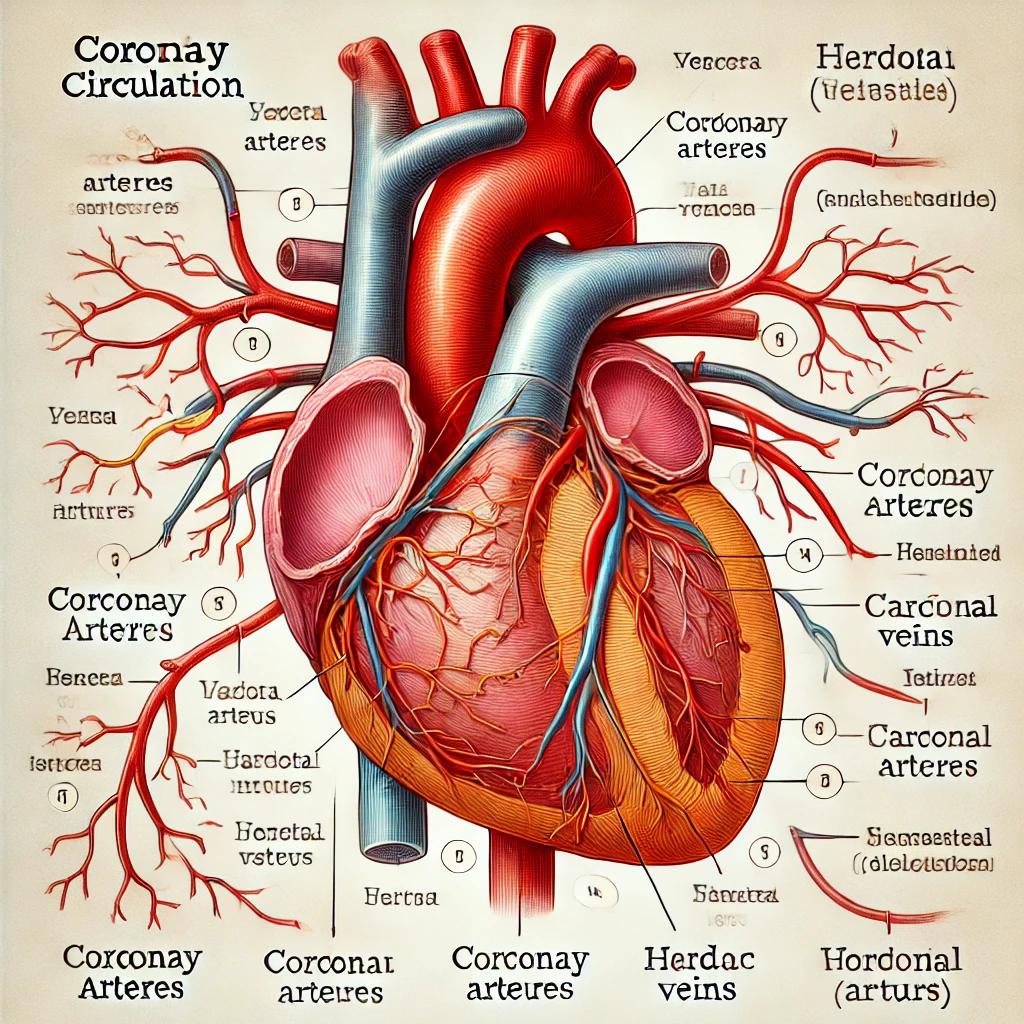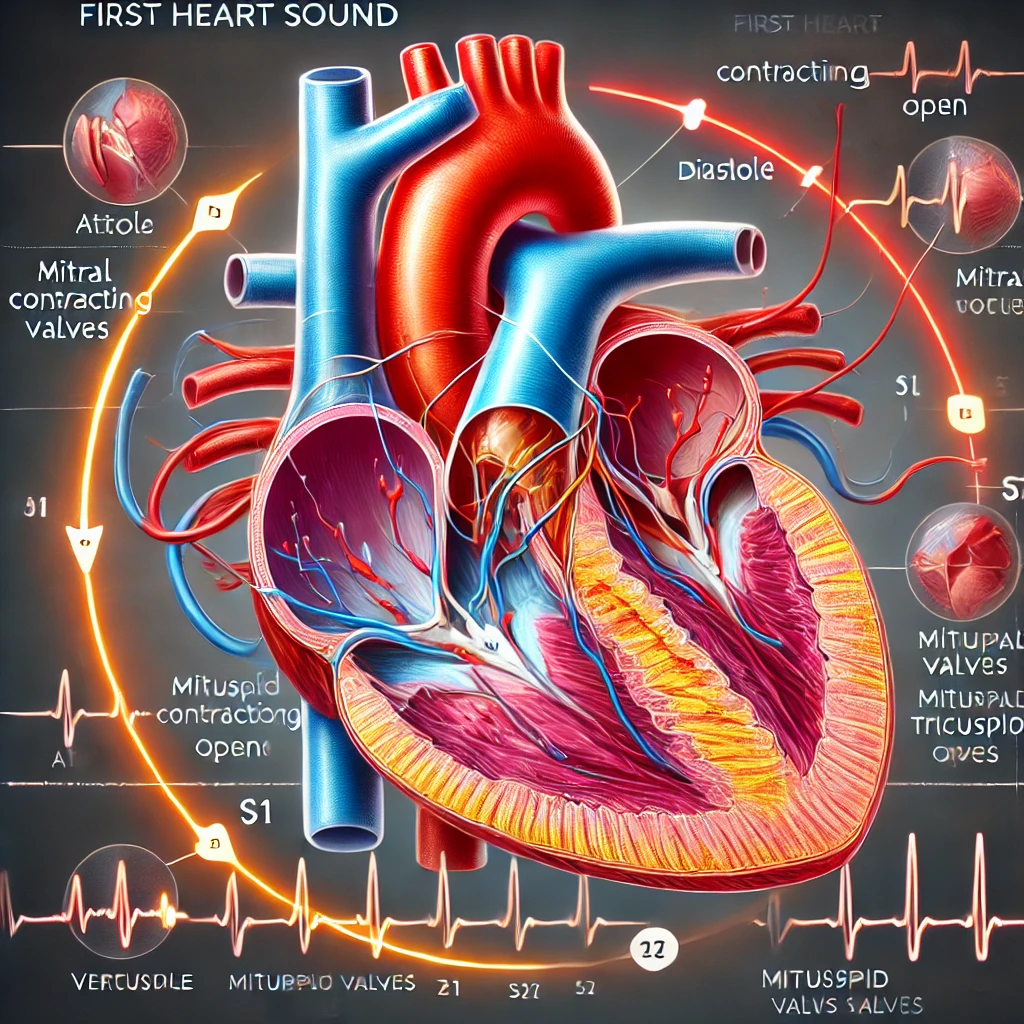Introduction
Neurology is a branch of medicine that deals with the diagnosis and treatment of disorders affecting the nervous system. What is Neurology? It is a complex and fascinating field that focuses on understanding the structure and function of the brain, spinal cord, nerves, and muscles. In this article, we will delve into the world of neurology, exploring its significance, the role of neurologists, common neurological conditions, and advancements in the field.
Understanding Neurology
Neurology is the branch of medicine that specifically focuses on studying and treating disorders related to the nervous system. The nervous system is a complex network of cells that transmits and processes signals between different parts of the body. It consists of the central nervous system (CNS), which includes the brain and spinal cord, and the peripheral nervous system (PNS), which includes the nerves that connect the CNS to the rest of the body.
The Role of a Neurologist
A neurologist is a medical professional who specializes in what neurology is the field of neurology. These highly trained physicians diagnose and treat a wide range of neurological conditions. They often work closely with other medical specialists, such as neurosurgeons, physiatrists, and neuropsychologists, to provide comprehensive care for patients with neurological disorders.
Common Neurological Conditions
Neurological disorders can affect individuals of all ages, and can What is Neurology has a significant impact on their quality of life. Some of the most common neurological conditions include:
1. Stroke
A stroke occurs when the blood supply to the brain is disrupted, leading to the death of brain cells. It is a medical emergency that requires immediate attention. Neurologists play a crucial role in diagnosing and managing stroke patients and preventing future strokes.
2. Epilepsy
Epilepsy is a neurological disorder characterized by recurrent seizures. What is Neurology Neurologists work closely with patients to diagnose and manage epilepsy, prescribing appropriate medications and, in some cases, recommending surgical intervention.
3. Alzheimer’s Disease
Alzheimer’s is a progressive neurological disorder affecting memory, thinking, and behavior. Neurologists play a vital role in diagnosing and managing Alzheimer’s disease, providing support and guidance to patients and their families.
4. Parkinson’s Disease
Parkinson’s disease is a neurodegenerative disorder that affects movement and coordination. Neurologists specialize in diagnosing and managing Parkinson’s disease, helping patients manage symptoms and improve their quality of life.
5. Multiple Sclerosis
Multiple sclerosis (MS) is an autoimmune disease that affects the central nervous system. Neurologists work closely with MS patients, providing treatment options to manage symptoms, slow disease progression, and improve overall well-being.
Advancements in Neurology
The field of neurology is continuously evolving, with ongoing research and technological advancements leading to improved diagnosis and treatment options. Some notable advancements include:
1. Neuroimaging Techniques
Advanced neuroimaging techniques, such as magnetic resonance imaging (MRI), What is Neurology positron emission tomography (PET), and functional MRI (fMRI), allow neurologists to visualize the structure and activity of the brain, aiding in the diagnosis and monitoring of neurological disorders.
2. Precision Medicine
Precision medicine involves tailoring medical treatment to an individual’s specific characteristics, including their genetic makeup, lifestyle, and environment. In neurology, precision medicine has the potential to improve treatment outcomes and develop targeted therapies for neurological disorders.
3. Telemedicine
Telemedicine has revolutionized healthcare delivery, including neurology. What is Neurology It allows patients to consult with neurologists remotely, enhancing access to specialized care, particularly for individuals in rural or underserved areas.
4. Deep Brain Stimulation
Deep brain stimulation (DBS) is a surgical procedure used to treat movement disorders such as Parkinson’s disease. It involves implanting electrodes in specific areas of the brain and using electrical impulses to modulate abnormal brain activity, reducing symptoms and improving quality of life.
Conclusion
Neurology is a fascinating and critical field of medicine that focuses on understanding and treating disorders of the nervous system. Neurologists play a crucial role in diagnosing and managing a What is Neurology wide range of neurological conditions, improving the lives of countless individuals. With ongoing advancements in research and technology, the future of neurology holds promise for even better understanding, treatment, and outcomes for patients with neurological disorders.




